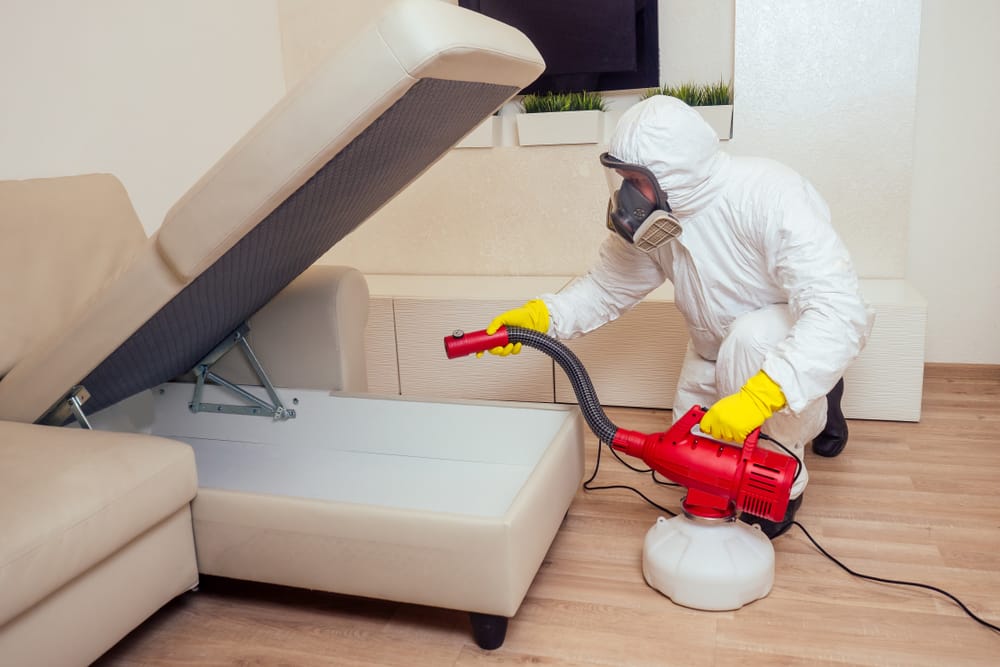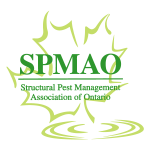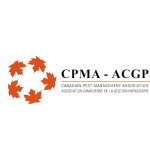“The Ministry of the Environment, Conservation and Parks (MECP or ministry) regulates the sale, storage, use, transportation, and disposal of pesticides in Ontario”
– Ontario.com
Exterminator Licence – Structural Extermination
Extermination of insects using pesticides is regulated by an entity known as The Ministry of the Environment, Conservation and Parks, or The Ministry for those who are in the business. They control all aspects of pesticides in Ontario and you cannot access anything other than the Domestic classes of 5 and 6. Classes 2,3, and 4 are restricted commercial products, and 1 are raw materials intended for manufacturing pesticides. There are more classes, one that represents Domestic products banned for sale, that’s Class 8. The list goes on but that does not prevent professional and licensed exterminators from safely exterminating the pests in your home. It just makes everyone much safer. Without these laws people would be spraying pesticides everyone on their lawns and gardens and children and pets would get sick.
Cosmetic Pesticide Ban
The cosmetic pesticide ban that makes up the pesticides in class 9 can be used in rare cases with ministry approval but are excluded from normal sale. Pesticides cannot be used for cosmetic purposes on lawns, vegetable gardens and ornamental gardens. They cannot be used on patio gardens or driveways, cemeteries and parks or around schools. The number of banned cosmetic pesticides runs as high as 250 and the number of banned ingredients runs around 100. This is how seriously Ontario takes pesticide use. If it’s not in the domestic classes then you need a license just to buy it, let alone use it. The unregulated use of pesticides can come with a hefty fine and even prison time if you manage to harm a person with it. This is why you must study multiple textbooks and take two exams to become licensed to handle these very dangerous commercial-grade pesticides. The safety of children and pets is more important than getting rid of dandelions.
Commercial Grade Rodenticide
While rodenticide is not covered by the Ministry as it is not a pesticide it does have its own regulation, most importantly restricting what types of rats the poison can be used on. And most importantly where you can put it and what you can put it in. Most of the time they will be put in tamper-proof bait stations but they can also be placed in feed bales. Adults are not the ones in danger from this chemical, children and animals not intended to eat the poison are the reason these rules are in place. That being said there are Domestic varieties of rodenticide that may not be as potent but can cure a very small infestation.
Wildlife
Wildlife, however, is not controlled at all by the Ministry. Being that almost all wild animals in Ontario are protected wildlife there is no killing involved. All methods must be safe and humane to not hurt the squirrel, raccoon, skunk or what have you, that you are trying to catch or expel. Any unlicensed technician can climb on a roof and install a one-way door with some exclusion, all it takes is the appropriate training. This is one reason why it is often recommended to become a trainee or a tech before going for the exterminator exam as you can gain a large amount of knowledge,while still making a great income, before the exam and that will make the test a little bit easier. You can become a trainee or technician at 16 years old which means you can get an early start at it. By 18 you would be ready to take the exam and by twenty you would be an experienced licensed exterminator.
Land And Sea Extermination
Some other types of extermination you may find interesting are outside of the purview of the structural exterminator but they sure do sound fun. A water exterminator sometimes needs to send divers down or even do a dive themselves, to apply an underwater herbicide or treatment for a problematic fish or mollusc. They do most of their work either in or around aquatic environments and are the only type of exterminator that can exterminate water-born insects like the mosquito. Another type of exterminator is called a land exterminator. They work with large scale industry and farms planning out and devising large scale pesticide treatments to get rid of specific pests damaging the crops or simply to prevent a yearly infestation that ruins the product. They often do this by arranging for a pilot to airdrop the pesticide over massive swaths of field. The three types of exterminators all have a part in the world of pesticides and are all very necessary. Without Land exterminators, we would not have food in our grocery stores, if not for water exterminators our waters would be running rampant with dangerous fish and molluscs like zebra muscles which plague many Canadian lakes.
How To Become a Licensed Exterminator
The licensing process involves two exams. The first is a Core exam that covers all the basics of pesticide law in Ontario. The second is a specialized test specifically for the type of exterminator you will become. Structural is the most common but many people are interested in the other types and they are not very much different in that its all about pesticides at the end of the day. The first thing you should do is sign up online at the Ontario.ca website, you will have to pay $165.00 to take the exam and they will mail you two textbooks, one for each test. Study them very hard and make sure to take into account that the Core test is open book and the specialized test is closed book. It should not take more than one or two months to learn everything in the book. For the open book, test tries to post-it note everything even remotely important so you can flip quickly through the book, Don’t forget a highlighter. Do not ignore the core book because its open book in the exam, there is a huge amount of information and accessing it takes already knowing it. Good luck!






